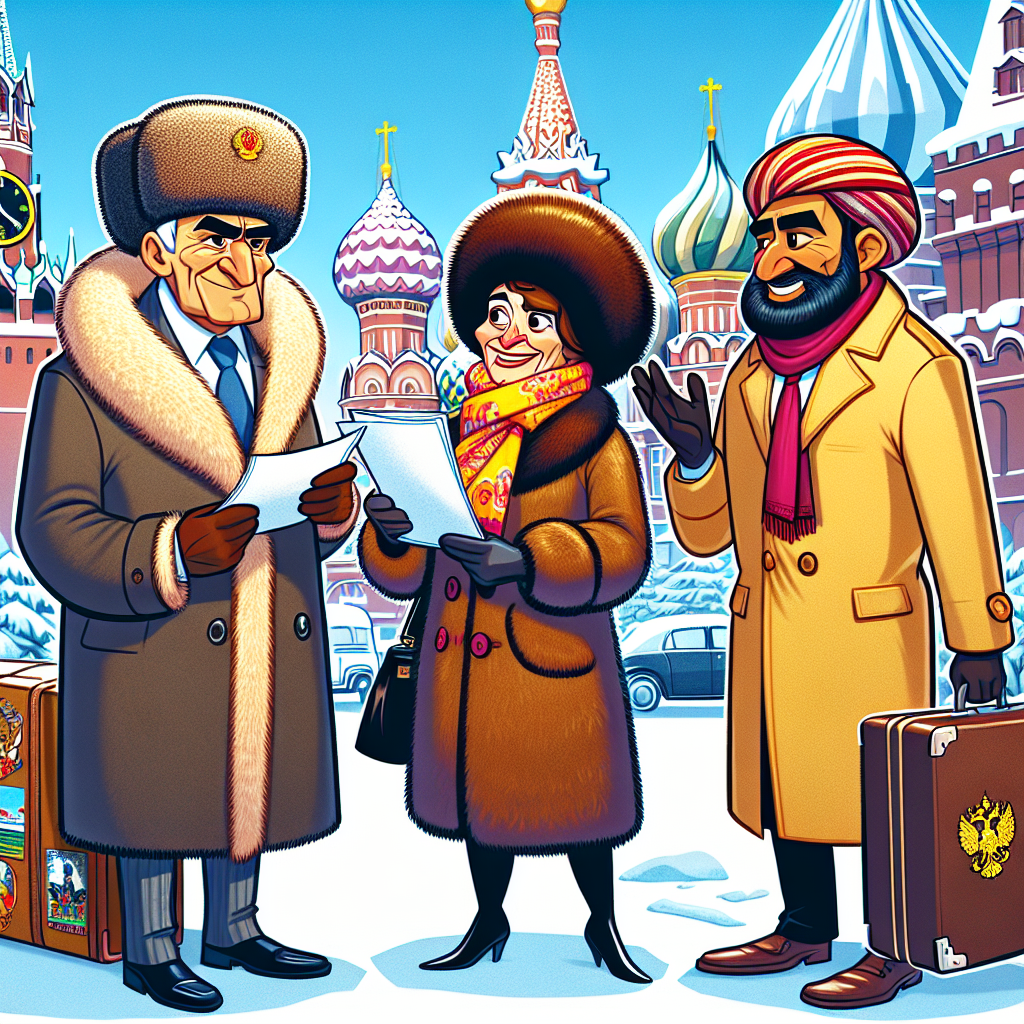Diplomatic Maneuvers: EU-Iran Talks on Nuclear Deal Amid Tensions
European and Iranian diplomats met in Geneva to discuss potential talks on Iran's nuclear program before Donald Trump's expected return to the White House. The engagements follow critical tensions, including a European-backed resolution against Iran's cooperation with the U.N. nuclear watchdog.

European and Iranian diplomats convened in Geneva on Friday to explore the possibility of initiating substantive negotiations on Iran's nuclear program, against the backdrop of Donald Trump's anticipated return to power in January. These discussions represent the first diplomatic interactions since the recent U.S. election, occurring in the wake of a European-backed resolution that censured Iran for inadequate cooperation with the U.N. nuclear watchdog, much to Tehran's ire.
A senior Iranian official characterized the anticipated talks as both 'tough and serious,' with Tehran planning to brief Russia and China next week. These nations are non-Western signatories of the 2015 nuclear pact with Iran, a deal that Trump had previously abandoned. Seeking to dismantle Iran's economic stability, Trump's former administration pursued a 'maximum pressure' strategy. Meanwhile, Majid Takhtravanchi, Iran's deputy foreign minister and senior nuclear negotiator, engaged with top diplomats from Britain, Germany, and France in Geneva.
EU Coordinator Enrique Mora described the exchanges as 'frank,' with discussions encompassing Iran's defense support for Russia, Middle Eastern instability, and nuclear issues. While the E3 nations (Britain, Germany, France) view current engagement as critical due to a pressing timeline, the level of distrust remains stark, particularly after Tehran escalated its nuclear efforts following an IAEA resolution criticism. Iranian representatives emphasize lifting sanctions as a priority, amid concerns that unresolved issues could lead to renewed U.N. sanctions through the 'snapback' mechanism under the 2015 deal.
(With inputs from agencies.)










